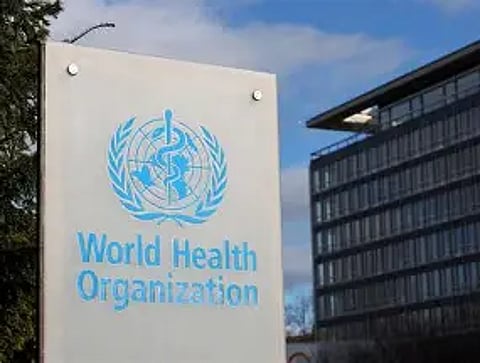

The World Health Organization (WHO) has released updated editions of its Model List of Essential Medicines (EML) and Essential Medicines for Children (EMLc). These lists now include new therapies for cancer, diabetes with obesity, cystic fibrosis, psoriasis, haemophilia, and other blood-related disorders.
The updated editions – the 24th EML and 10th EMLc – continue to guide over 150 countries in shaping public health priorities, procurement strategies, and reimbursement schemes.
“The new editions mark a significant step toward expanding access to medicines with proven clinical benefits and global health impact,” said Dr Yukiko Nakatani, WHO Assistant Director-General for Health Systems, Access and Data.
First introduced in 1977 to improve medicine access in developing countries, the WHO Model Lists have become a trusted global reference for governments. They support decisions on universal coverage and selection of priority medicines across health systems.
For this revision, the WHO Expert Committee reviewed 59 applications, leading to the inclusion of 20 new medicines in the adult list and 15 in the children’s list, along with expanded indications for seven existing medicines. The lists now cover 523 essential medicines for adults and 374 for children.
Cancer remains the second leading cause of death worldwide, accounting for nearly 10 million deaths annually. Recognizing this, the WHO has prioritized treatments that deliver clear survival benefits. Only cancer medicines shown to extend life by at least 4–6 months are considered for inclusion.
Key updates include the addition of PD-1/PD-L1 immune checkpoint inhibitors to expand access to immunotherapies.
Pembrolizumab is now listed for metastatic cervical cancer, colorectal cancer, and non-small cell lung cancer.
Atezolizumab and Cemiplimab are also included as therapeutic alternatives.
The Committee emphasized evidence-based strategies to enhance access, such as dose optimization and affordability measures, which can be implemented even in resource-limited settings.
With over 800 million people living with diabetes and 1 billion affected by obesity, WHO highlights the urgent need for effective therapies.
The Committee approved the inclusion of GLP-1 receptor agonists (semaglutide, dulaglutide, liraglutide) and the dual GLP-1/GIP receptor agonist tirzepatide. These medicines:
Improve blood sugar control
Reduce risks of cardiovascular and kidney complications
Support weight loss
Lower premature mortality
They are recommended for adults with type 2 diabetes and cardiovascular or kidney disease, as well as for those with obesity (BMI ≥ 30 kg/m²).
However, high costs limit availability. WHO urges prioritization of high-risk patients, promotion of generic competition, and integration into primary care systems.
“Equitable access to essential medicines requires political will, strong health systems, and people-centred approaches,” said Deusdedit Mubangizi, WHO Director of Policy and Standards for Medicines and Health Products.